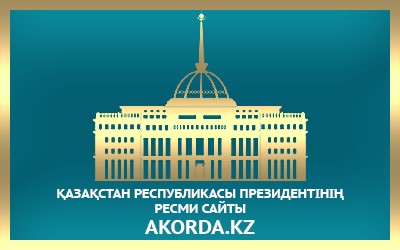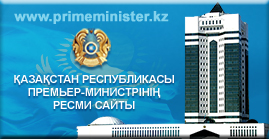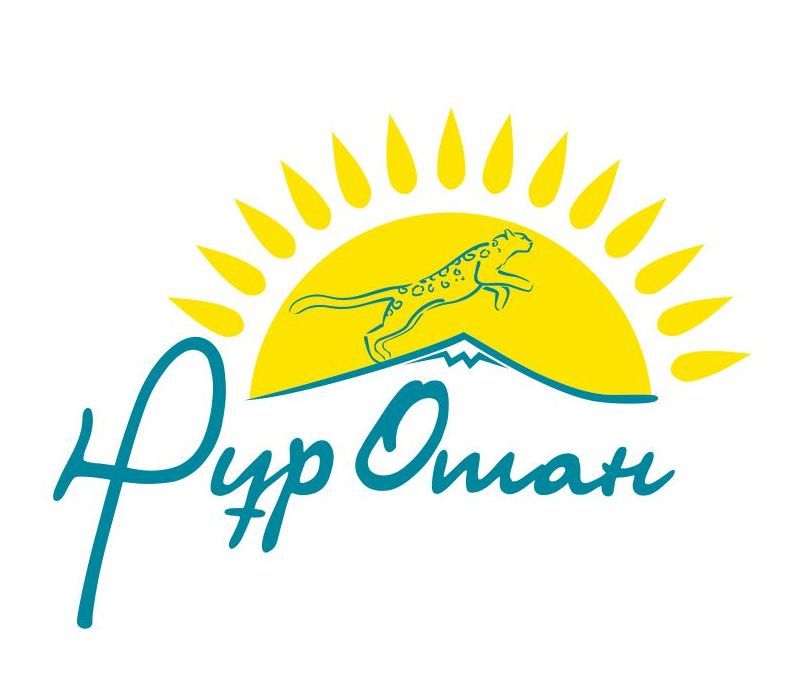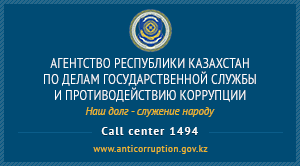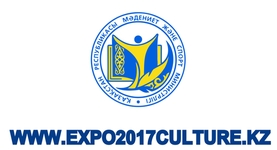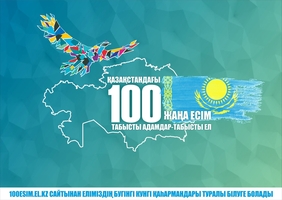
10 years since the birth of People"s Artist of the USSR, People"s Artist of the KazSSR, actor, director Shaken Aimanov (1914-1970)
To most young Kazakhs, the films of Shaken Aimanov are unknown. Many have never even heard his name. Even Aimanov’s greatest hits – Our Dear Doctor (1957) and The End of the Ataman (1970) – mean little to a generation that has grown up with computer-generated images and video clips. Quite the opposite is true for their parents and grandparents: in the 1950s and 1960s, Aimanov’s name was synonymous with Kazakhstani national cinema. But why should today’s youth care?
Unfortunately, Aimanov has increasingly become a monument, relevant to film historians but much less so to the millions of viewers who approach cinema as consumers entitled to quick and convenient entertainment. These viewers would no doubt be surprised to learn that Shaken Aimanov himself agreed with their approach to cinema. To him, films that failed to reach mass audiences lacked purpose and legitimacy. Such failures happened to Aimanov several times, most traumatically in 1966, when Land of the Fathers, the best of all his pictures in artistic terms, was met with a rather lukewarm reception and attracted a mere six million viewers (whereas his comedies and action films were watched by tens of millions). He expressed his frustration in no uncertain terms in an article in the newspaper Soviet Culture titled “The Viewer Has the Last Word.” Setting the standard for what a Kazakh film must do to be considered successful, Aimanov wrote that his own Our Dear Doctor from more than a decade earlier retained a presence on Kazakhstan’s screens for years afterward and attracted over 50 million viewers nationwide. In addition, it was sold to 40 countries! Land of the Fathers did not even come close to such smashing success.
“And I would like to believe that we were able to convey the main idea of the film: that the fatherland is not that narrow piece of land on which one is born, grew up, and aged. Fatherland – that’s our entire country, from the Baltic Sea to Cape Dezhnev, from the Barents Sea to the heights of the Pamirs. Grandfather and grandson, searching for the grave of a soldier who died in the battles of the Great Patriotic War, acquired a fatherland – the very fatherland for which their son and father had died.”
Abdullina D.M.


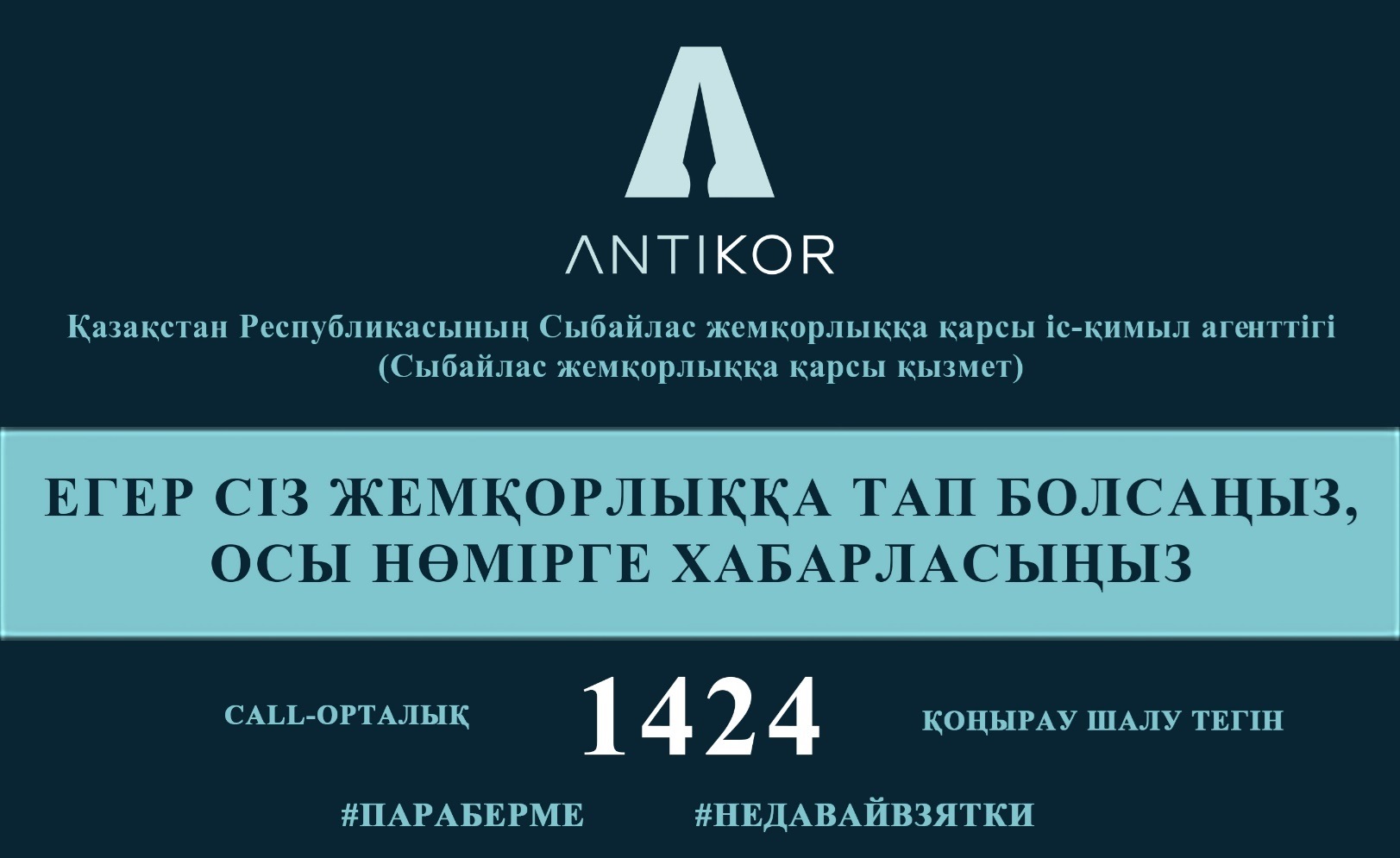
 Мектепке дейінгі балалар ұйымына жолдама қалай алуға болады
Мектепке дейінгі балалар ұйымына жолдама қалай алуға болады
 Мектепке тіркеу үшін құжаттарды қабылдау
Мектепке тіркеу үшін құжаттарды қабылдау

 Таңертеңгілік жаттығулар...
Таңертеңгілік жаттығулар...
